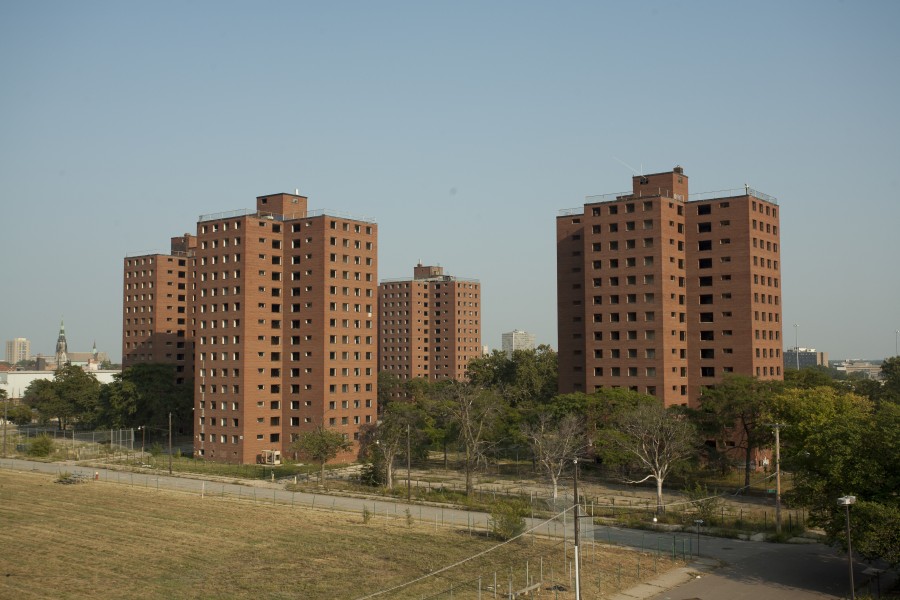Forgive me for using the Occupy rhetoric in the title, but this is rich:
In a recently issued report the agency’s [HUD’s] assigned watchdog reveals that more than 25,000 “overincome” people, including the Nebraska millionaire mentioned above, live in public housing. Nearly half of the overincome public housing tenants around the country earn $10,000 to $70,000 a year more than the limit to qualify for the benefit, the IG found. About 1,200 have exceeded the income max for around a decade and thousands of others for more than a year.
Examples in the report include a family of four in New York City with an annual income of nearly half a million dollars and hundreds of thousands more in rental income from real estate holdings that pays $1,574 a month to live in a government-subsidized apartment. In Los Angeles a family of five that’s lived in public housing for decades made over $200,000 last year and paid only $1,091 a month for a four-bedroom apartment. This is outrageous and violates a HUD rule that states public housing was established to provide decent and safe rental housing for eligible low-income families. [Emphasis Judicial Watch’s]
What do the SJWs of HUD plan on doing about this?
… HUD has no intention of taking action to stop the fraud: “We did not find that HUD and public housing authorities had taken or planned to take sufficient steps to reduce at least the egregious examples of over income families in public housing,” the IG report states. “Therefore, it is reasonable to expect the number of overincome families participating in the program to increase over time.”
Additionally:
… a high-ranking agency official, Deputy Assistant Secretary of Public Housing Milan Ozdinec defends HUD’s policy allowing taxpayers to get fleeced. “There are positive social benefits from having families with varying income levels residing in the same property,” Ozdinec said in a written response to the probe. “Forcing families to leave public housing could impact their ability to maintain employment if they are not able to find suitable housing in the neighborhood. Further, for families with children, it may be more difficult to find affordable child care, and it may impact school-age children’s learning if they are forced to change schools during a school year.”
You can’t make this stuff up.
Featured Image Source: Wikipedia.




